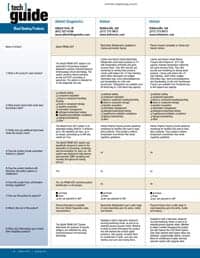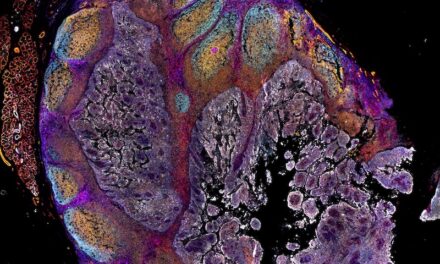The World Health Organization (WHO) and the Medicines Patent Pool (MPP) announce a license agreement with SD Biosensor (SDB), an in-vitro diagnostic company, to provide sublicensees with the right, know-how, and material to manufacture SDB’s rapid diagnostic testing (RDT) technology. The transparent, non-exclusive license agreement, negotiated under the auspices of the COVID-19 Technology Access Pool (C-TAP), represents a milestone in the evolution of the C-TAP initiative as it enables the manufacture of diagnostics for COVID-19 as well as other diseases such as HIV, malaria and syphilis, according to WHO.
“WHO appreciates the willingness demonstrated by SD Biosensor to share its RDT technology under the C-TAP platform, and for the support it will provide sublicensees,” says Yukiko Nakatani, MD, PhD, assistant director-general, Access to Medicines and Health Products. “The license serves as a model for how the C-TAP mechanism can move beyond COVID-19 to also address other public health needs. This license reinforces WHO’s commitment to technology transfer and to promoting the need for greater local manufacturing that will benefit all patients, everywhere.”
WHO says the license agreement is significant for a number of reasons:
- The technology offered through the license is ideal for low and middle-income countries as it is easy to use, with no equipment requirements and has high sensitivity. Furthermore, a number of the company’s RDTs are Prequalified and Emergency Use Listed by WHO
- The broad scope of the license—including but not limited to COVID-19—increases both its public health value and the anticipated benefit to sublicensed manufacturers in realizing greater market opportunities and financial sustainability in the inter-pandemic period
- The comprehensive know-how and support planned for sublicensed manufacturers under a phased technology transfer plan is designed to develop manufacturing capabilities of LMIC manufacturers so they may achieve quality production at competitive prices – often the difference between success and failure.
- The enhanced ability of prospective African-based sublicensees to take advantage of the license can help increase local and regional production of RDTs, building on the August 2023 announcement by Global Fund, PEPFAR and Unitaid last year on accelerating the manufacturing of RDTs on the African continent, initially focusing on HIV RDTs – with the support of WHO.
Further reading: WHO Releases New Essential Diagnostics List, Recommendations for Hepatitis E and Glucose Monitoring
The technology transfer support made possible through this agreement aligns well with the objectives of WHA Resolution 76.5 on strengthening diagnostics capacity which urges countries to commit resources to invest in research and product development and to promote local production capacity for diagnostics, particularly in developing countries. Access to diagnostics that facilitate test and treatment strategies needed to manage disease remains a core priority of WHO and its partners.
“This non-exclusive, royalty-free license aims to increase local and regional production and fits firmly within MPP’s strategic goals,” says Charles Gore, executive director of the Medicines Patent Pool. “Rapid, sensitive diagnostics are essential for access to treatment, and what is exciting about this antigen test is that it can go further than just COVID-19 diagnosis with SD Biosensor also providing the relevant material and know-how to achieve this. We look forward to working with SD Biosensor and new partners.”
An August 2023 funding announcement emphasized the need for partnership to accelerate the manufacturing of health products in Africa, with HIV rapid diagnostic tests (RDTs) as the initial focused product category. Along with WHO, the Global Fund to Fight AIDS, Tuberculosis and Malaria, the U.S. President’s Emergency Plan for AIDS Relief and Unitaid are partnering to pilot an open Expert Review Panel for Diagnostic Products calling for Expressions of Interest for African HIV RDT manufacturers to accelerate the availability of quality assured RDTs in Africa.
“It’s a great pleasure to share SD Biosensor’s distinctive RDT technology with LMIC through the C-TAP platform,” says Hyo-Keun Lee, vice chairman of SD Biosensor Inc. “The transfer of RDT technology can be applied not only to COVID-19 products but also to the production of RDT products diagnosing various diseases, including HIV and malaria. Therefore, it is expected that, in the event of a disease outbreak, a rapid response can be achieved using the SD Biosensor’s RDT technology in the African continent. Additionally, there is an expectation that producing these products locally in Africa will enhance production efficiency and contribute to improving health value in Africa”.





